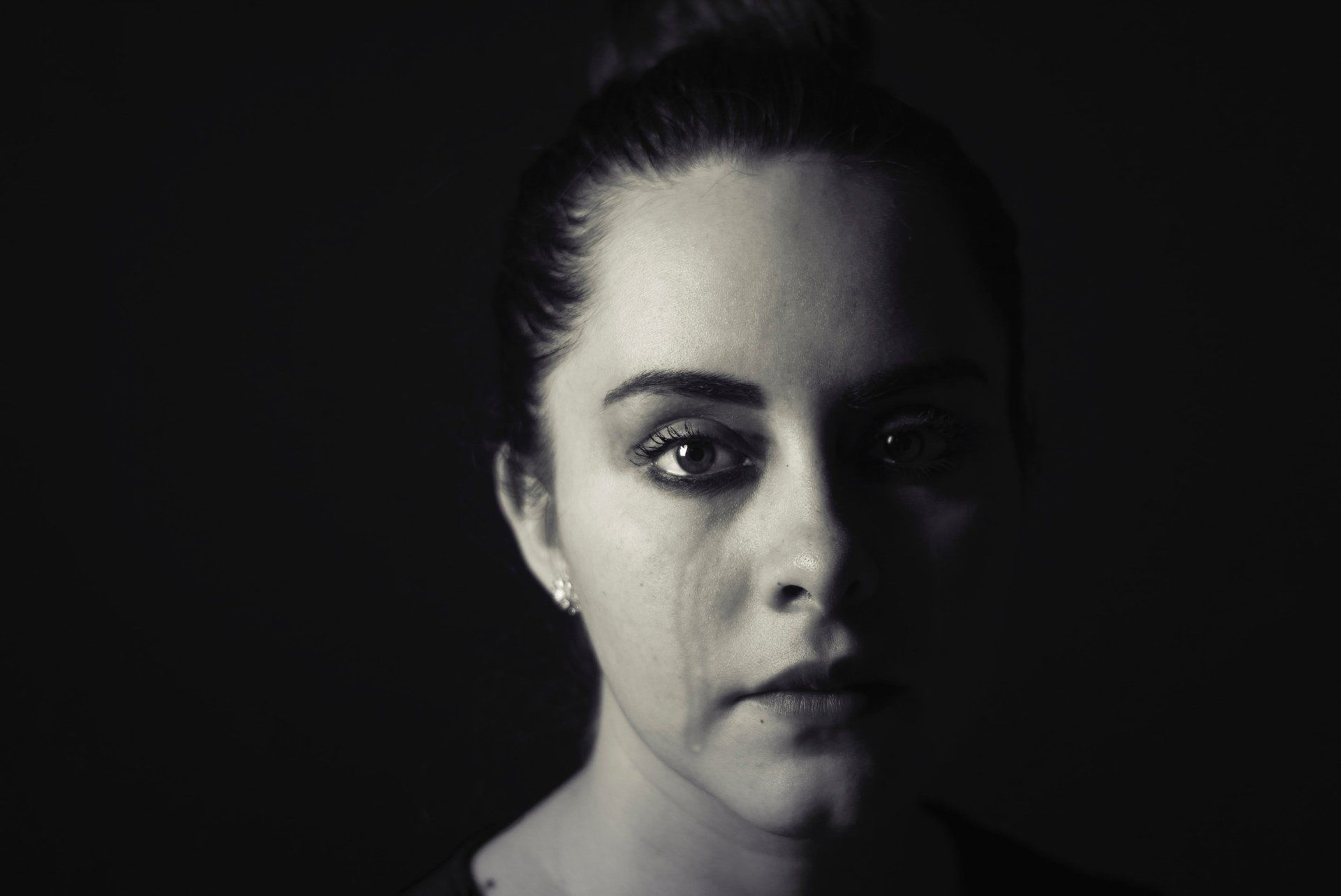Post-traumatic stress disorder (PTSD) is an anxiety disorder caused by very stressful, frightening or distressing events.
Someone with PTSD often relives the traumatic event through nightmares and flashbacks, and may experience feelings of isolation, irritability and guilt. They may also have problems sleeping, such as insomnia, and find concentrating difficult.
These symptoms are often severe and persistent enough to have a significant impact on the person’s day-to-day life.
Post-Traumatic Stress Disorder can be caused by a range of traumatic events such as a road trafiic accident, assault, witnessing violence, military experience or experience of war, natural disasters or personal abuse or neglect.



